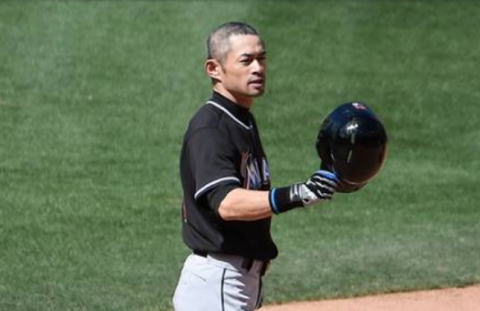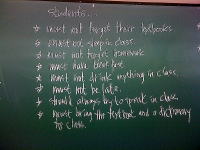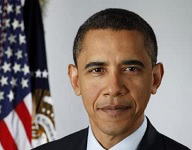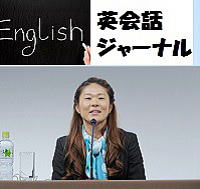箕面.の英会話教:英会話.KEA.−箕面. 小野原、彩都. 茨木
箕面、小野原、彩都、茨木.の.英会話スクール.です
・個人レッスンが中心です ・講師は日本人!
・英検、TOEIC、ビジネス英語の特別授業も好評です。
Ichiro Suzuki Moves Past Pete Rose, With an Asterisk

Ichiro Suzuki led off Wednesday afternoon’s game against the San Diego
Padres by doing what he has so often done in his illustrious career in
Japan and the United States: He beat out a ground ball for an infield single.
The hit gave him 4,256 for his career as a top-level pro baseball player
in both countries, tying the record total of Pete Rose, who, of course,
got all of his hits in this country.
Then, eight innings later, in his fifth and final at-bat of the game, Suzuki
did what he has also done countless times ? he doubled to right, which
moved him one hit past Rose.
Suzuki’s two hits were not enough to keep his Miami Marlins from losing
the game to the Padres. But that hardly mattered on a day when the 42-year-old
Suzuki, who is hitting nearly .350 this season, once again made himself
a big story.
After his first hit, which was essentially an infield dribbler, he was
applauded by players and the crowd at Petco Park. More cheers came in the
ninth.
Suzuki’s mark, however, does come with an asterisk: His 2,979 hits in Major
League Baseball are supplemented by the 1,278 he compiled when he played
for the Orix BlueWave of the Japan Pacific League at the start of his career.
While Suzuki’s chase of Rose’s mark has been big news in Japan, Rose himself,
while praising Ichiro’s talent, has been dismissive of the feat.
“I don’t think you’re going to find anybody with credibility say that Japanese
baseball is equivalent to major league baseball,” he told USA Today. He
made similar remarks last fall as the record first came into view. “If
you say those hits in Japan are professional hits,” Rose said, “then my
hits in the minor leagues are professional hits, too.”
After Wednesday’s game, Suzuki took a more gracious tone than Rose did.
“I don’t think you can compare,” he told reporters through an interpreter
when asked about his numbers and Rose’s. Of his 4,257 hits, he said: “Obviously,
it’s a combined record. So I always just say, What people think about that
record, if they recognize it, I’d be happy.”
By one measure, Suzuki’s career hit mark is more impressive than Rose’s.
Entering Wednesday’s game, Ichiro had 14,334 total plate appearances in
Japan and the major leagues. In contrast, it took Rose 15,890 to collect
his 4,256 hits.
On the other hand, Rose and Suzuki do have more in common than just their
gift for hitting. Both were rookies of the year in the major leagues, though
Rose was 22 at the time, and Suzuki was 27 after arriving in Seattle from
Japan. Both showed baseball longevity: Rose played until he was 45; Suzuki,
three years younger, is still going strong.
Suzuki dominated the Japan leagues, winning three straight Most Valuable
Player Awards from 1994 to 1996. He made the switch to the majors for the
2001 season at a time when Japanese players, especially batters, were rare.
But he quickly silenced the doubters, leading the league in hitting at
.350 in his first season for the Mariners and winning the M.V.P. and Rookie
of the Year Awards. He has led the league in hits seven times in his career.
At age 38, an age when many players are long out of the game, he finally
moved on from Seattle to play for the Yankees. In 2015, he joined the Marlins
at age 41.
In his long career in the United States, he has just two postseason appearances;
he hit .600 in Seattle’s division series triumph over Cleveland in his
rookie year and appeared 11 years later in the Yankees’ 2012 playoff run.
But championships have not entirely eluded him. He was a part of the Japan
teams that won the first two World Baseball Classics, in 2006 and 2009.
The dispute over Suzuki’s mark is reminiscent of the storm when the great
Japanese slugger Sadaharu Oh approached Hank Aaron’s 755-homer mark in
1977. Some American sportswriters grumbled that the marks were not equivalent,
as Japanese ballparks tended to be smaller.
But Aaron was gracious in a taped message broadcast in Japan that night:
“I would have loved to have been there tonight to put the crown on top
of his head, because he certainly is quite a gentleman, and the people
of Japan have a lot to be proud of.”
Oh ended his career with 868 homers.
The next milestone for Suzuki is 3,000 major league hits; he needs only
21 more. He would be the 30th to get to that number, and for that milestone,
the hits he accumulated in Japan will be irrelevant. There will be no debate
about his achievement.
“Obviously, 3,000 is a no-doubter,” Suzuki said on Wednesday. “It’s a record
here. So that’s a goal I want to achieve.”



